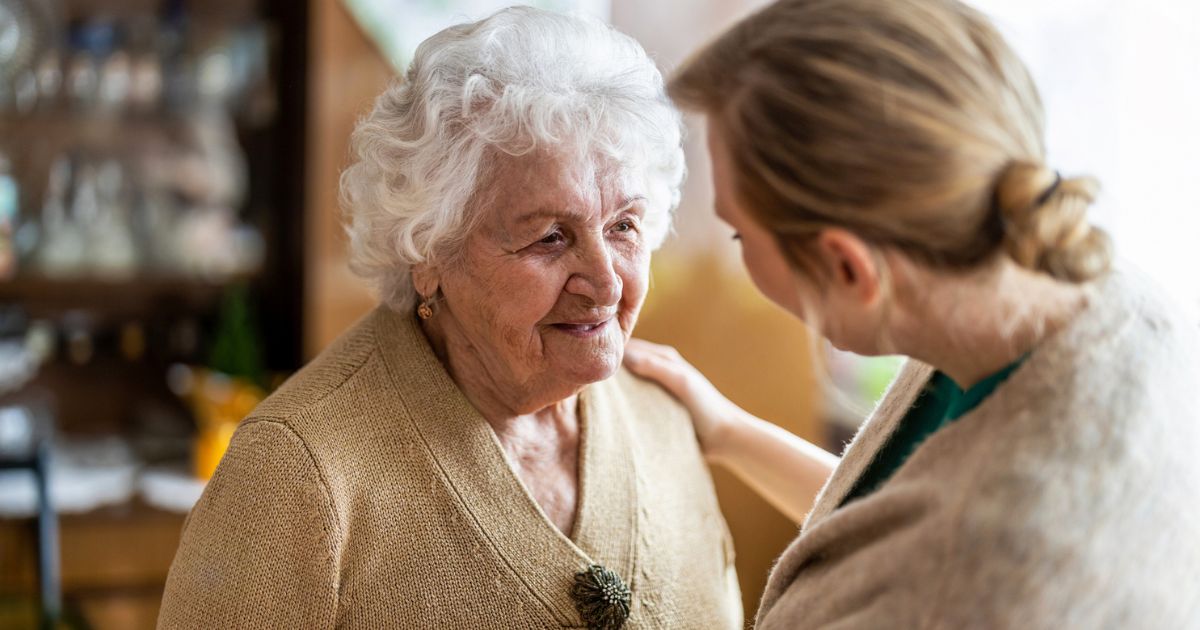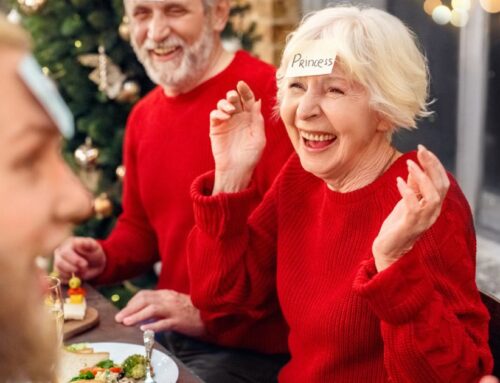As your loved one ages, it can sometimes be difficult to know when additional support is needed. Many seniors value their independence and prefer to stay in their own homes as they get older. Certain signs may indicate that in-home care can help them maintain their safety, independence, and well-being.
This blog from Emory Care at Home shares seven signs your aging loved one may benefit from the extra support in-home care can provide.
7 Signs Your Aging Loved One May Benefit From In-Home Care Services
#1 Change in personal hygiene
One of the most noticeable signs is a decline in personal hygiene. If your loved one who once took pride in their appearance is now neglecting basic hygiene such as bathing, grooming, or wearing clean clothes, it might be time to consider in-home care. Caregivers can assist with these personal care tasks, ensuring that your loved one remains clean and comfortable.
#2 Difficulty with daily tasks
When basic household tasks become a challenge, such as cooking, cleaning, laundry, and grocery shopping, in-home care can provide the necessary support. Seniors might begin eating less because cooking is too challenging, or their living space might become cluttered and dirty. An in-home caregiver can assist with these daily chores while also providing companionship.
#3 Mobility issues
If your aging friend or family member is experiencing trouble moving around, getting out of bed, or walking, this can lead to safety concerns such as falls or accidents. In-home care professionals can help your loved one move safely around their home and even offer transportation services for errands and appointments.
Discover Emory Care at Home for all your home care needs >>
#4 Cognitive decline
Occasional forgetfulness is normal, but when it interferes with daily life or is a risk to safety, it’s a serious concern. Cognitive decline can manifest as missing important appointments, forgetting to take medication, or being unable to remember recent events. In-home caregivers can ensure that your loved one takes their medications on time and can help keep their mind engaged.
Explore Hearthstone’s I’m Still Here approach to memory care >>
#5 Weight loss or poor diet
If you notice sudden weight loss or a lack of fresh food in your aging loved one’s home, it could suggest they’re having difficulty maintaining a healthy diet. In-home care providers can help plan and prepare nutritious meals to ensure your loved one is getting the vitamins and minerals they need.
#6 Social isolation
Aging can sometimes lead to loneliness or social isolation, particularly if mobility issues or health problems make it difficult to get out. A decline in engagement with friends or community activities is another sign that in-home care might be beneficial. Caregivers can provide companionship and encourage social interaction, either with others or by facilitating the use of technology to stay in touch with family and friends.
Learn how socialization can help protect the health and wellness of seniors >>
#7 Increased falls or accidents around the house
Unexplained injuries can be a sign that your loved one is experiencing falls or accidents around the house. This is a clear indication that they may need someone to help prevent potential injuries and to respond in case of emergencies. In-home care teams can also evaluate the home for safety hazards and recommend modifications to ensure a safer environment.
Enhance quality of life with in-home care and companionship
Recognizing these signs early can help prevent more serious issues and enhance quality of life for your aging loved one. In-home care services are personalized to fit individual needs, ensuring your loved one retains their independence and dignity within the comfort of their own home.
Remain Independent at Home with Emory Care at Home
Emory Care at Home offers a customized approach to in-home care and engagement for Knoxville-area seniors who need a little support to remain independent at home. Our dedicated and caring team supports each individual with personalized care and the specialized and research-based I’m Still Here ® approach to meaningful and purposeful living, also known as The Hearthstone Difference.
Download our at-home care guide to learn more about our unique approach to home care for older adults.







